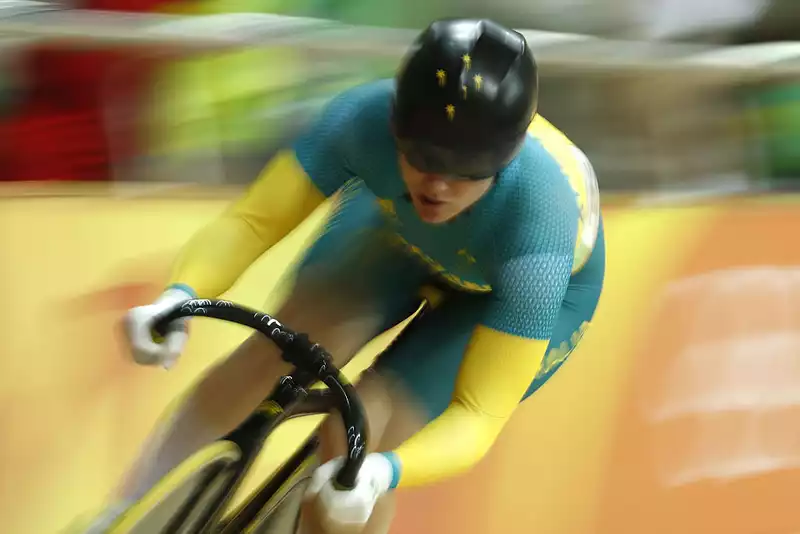Facing a depleted women's track team after the retirement of two key figures, Anna Meares and Stephanie Morton, since the Rio Olympics, Australia is turning to sports other than cycling in an effort to quickly build a gold medal-winning women's team sprint squad for the 2024 Paris Olympics. They are turning their attention to sports other than cycling.
Meares, who won six medals in four Olympics, retired after Rio 2016, while Stephanie Morton made the decision to leave the sport after last year's Olympic postponement. Her 33-year-old team sprint partner Carly McCulloch, who won a bronze medal in London, has also said she is considering whether to commit to another Olympic cycle after Tokyo.
This means that key figures who have driven Australia's sprint success have either left the sport or are in jeopardy in Paris, and there is no replacement in the pipeline for these athletes who are capable of competing for medals in the sprint, team sprint, and keirin events ...
Therefore, the Australian Cycling Team is looking for candidates with high leg strength, speed, and acceleration from sports such as running, jumping, and weightlifting to fill the void. [Lynn Munroe, head of the Australian Cycling Team's Olympic Fast Track program, said, "It is a lofty goal to take an athlete who is just starting out in this sport to the Olympic podium in one cycle. [This is an exciting program, taking targeted action and using innovative approaches to ensure we have the best women's team sprint in the world for the 2024 Paris Olympics.
Given that even the success of the Australian women's sprint track team is not enough to promote the sport and provide an ongoing pipeline of athletes who are ready to step up, the program is also a great example of how Munroe is building for women. focus on creating an environment that is built for them and looks beyond recruiting to changing approaches to building participation and retention.
"It's a bold vision, but there is a huge opportunity here to lead the way in shaping the design of a performance environment not only for our sport, but for women," Munroe says.
"As one of the most successful countries in track sprinting, we have a depth of knowledge and experience to leverage and we will push the boundaries of coaching and preparation practices within our program."
The reduction in the women's sprint contingent occurred at a time when the women's sprint team at the Paris Games was increasing its contingent, increasing from two to three members and matching the men's contingent.


Comments